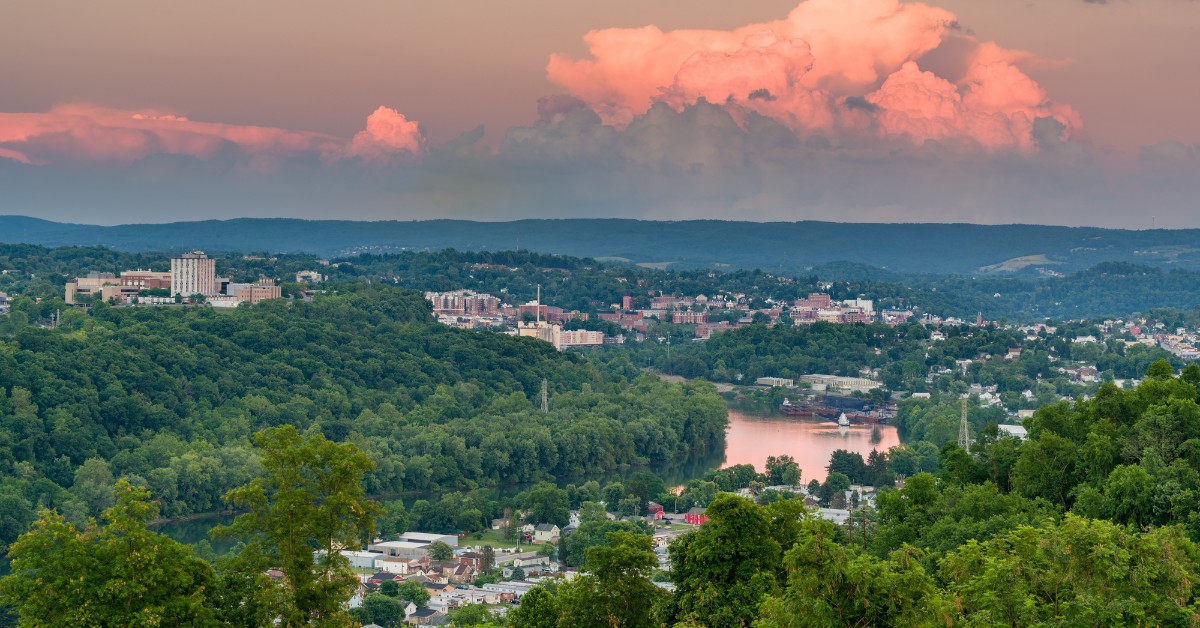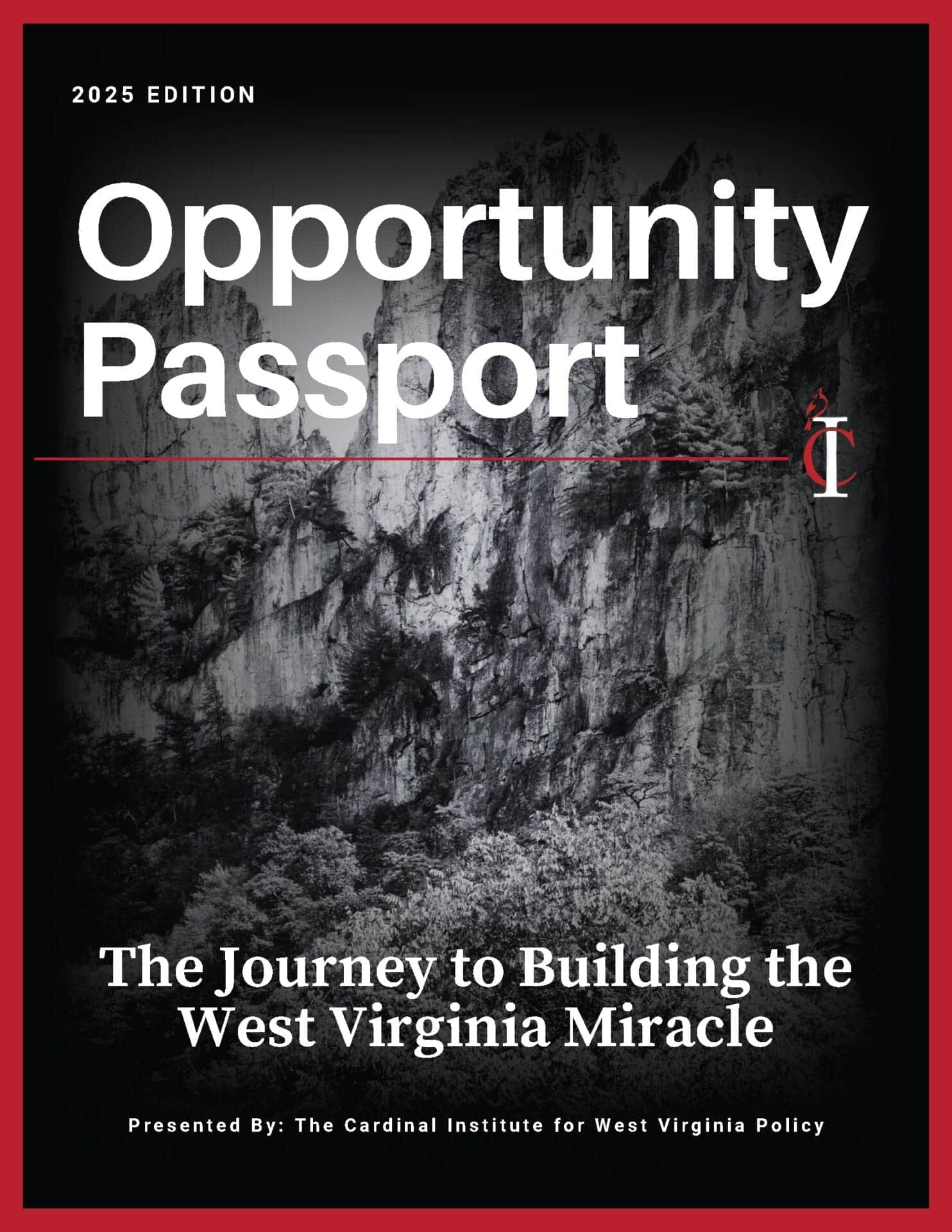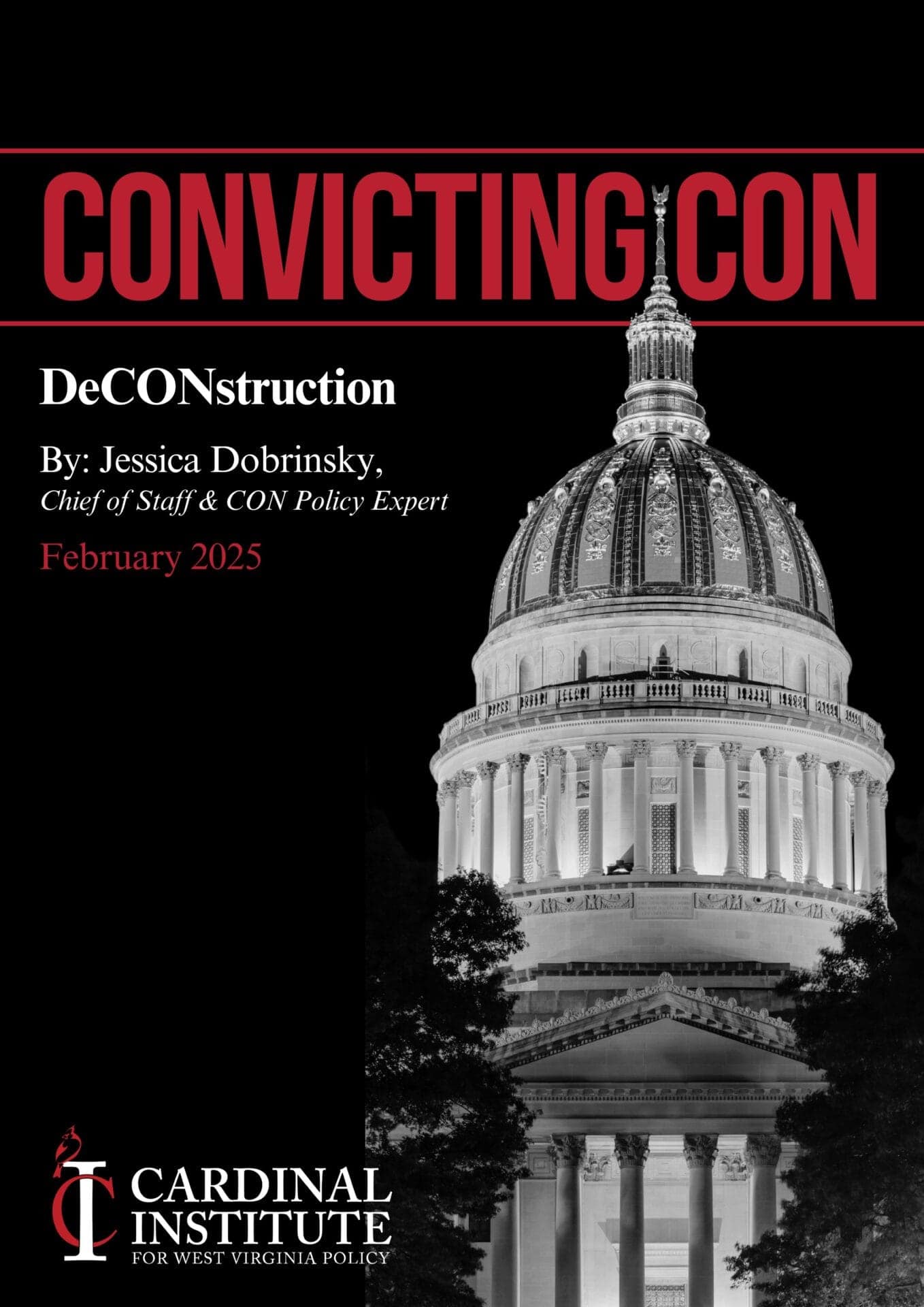
Republican Presidential Candidates on School Choice
What do Republican Presidential Candidates Have to Say About School Choice?
School Choice initiatives aim to introduce education to the marketplace. These programs give parents purchasing power, free students from zip code based schools, and bring innovation to schooling. While school choice is largely a state-level issue, the attitudes of federal officials can make it easier, or more difficult, to institute choice programs. While Cardinal does not endorse candidates, we believe voters should know where candidates stand on important issues. In this article, we will lay out the positions on school choice held by Republican presidential candidates. We will include former President Donald Trump, candidates that shared the first debate stage, and some lesser-known Republican presidential candidates.
Fmr. President Donald Trump
Former President Trump’s campaign website says he is in full support of school choice programs, and his record as President seems to indicate as much: he nominated Betsy DeVos, a noted school choice proponent, to be Education Secretary, he signed executive orders in favor of school choice, and called it the “civil rights statement of the year”.
Florida Gov. Ron DeSantis
While Governor Ron DeSantis’ campaign website lacks an “Issues” page, DeSantis record in Florida is one in support of school choice programs. As governor, DeSantis signed H.B. 1 in Florida law, which removed income requirements for voucher recipients and allowed vouchers to be used for private and charter tuition, homeschooling expenses, other school related costs through Education Savings Accounts.
Vivek Ramaswamy
Political outsider Ramaswamy doesn’t have a record to run on. Whether you believe that’s a positive or negative is up to you. But Ramaswamy has come out in support of school choice, calling for “School Choice on steroids” and defunding the federal Department of Education to support school choice programs nationwide.
Fmr. Vice President Mike Pence
Former Vice President Mike Pence sat under and supported President Trump as he did as outlined in his section above. While his campaign website is silent on school choice that I could find, he’s traveled from Indiana to Arizona praising school choice expansion and has said that he would scrap the federal Department of Education and return the funds to the states with the requirement that they expand choice programs.
Fmr. Gov. Nikki Haley
Nikki Haley, former Governor of South Carolina and US Ambassador to the United Nations, has a campaign website that lists among her accomplishments as governor bringing school choice to South Carolina. Haley says that we, “would not have problems in education if we put education back where it needs to be, in the hands of the parents.”
Fmr. Gov. Chris Christie
Former New Jersey Governor Chris Christie’s campaign website is scarce when it comes to detail, but Christie does have the record of making New Jersey’s school choice program, originally created in 1999 under Christine Todd Whitman, permanent in 2010 and lobbying for increased funding for it. He also declared a week in 2016 as “School Choice Week” in New Jersey.
Senator Tim Scott
First of all, I’d like to thank Tim Scott for making this information so readily available so that I didn’t have to research long. His campaign website is emblazoned at the top with a banner that reads “Tim Scott has a plan to empower parents”. Clicking it takes you to a page where, among other initiatives, Senator Scott says that, as President, he will: “Create choice in education, so parents can decide whether it’s public school, private school, charter school, STEM school, or homeschool that is best for their child.”
Governor Doug Burgum
North Dakota Governor Doug Burgum has said that school choice is needed for “all parents, regardless of income or geography.” The only issue is that these comments were made in vetoing a school choice bill in North Dakota. Now, to be clear, Governor Burgum laid out many issues he had with the bill, saying, “It falls short of meaningfully enhancing school choice — especially in rural areas far from any existing nonpublic schools — and lacks incentives to expand nontraditional options in K-12 education.” So it seems like it was the implementation, not the principle.
Fmr. Gov. Asa Hutchinson
Former Arkansas Governor Asa Hutchinson wasted no time, leaving his governorship in January 2023 before launching his presidential campaign in April. As for his record on school choice, the Arkansas Policy Foundation has said “The idea of school choice has advanced more during Gov. Asa Hutchinson’s first term in office than at any other time in modern Arkansas history.” They go on to laud his efforts in passing Arkansas’ Succeed Scholarship Program, a school voucher program, and the expansion of 529 plans.
Larry Elder
School choice occupies a prominent slot on radio host Larry Elder’s campaign site. The site says that charter schools, voucher programs, and tax-credit scholarships level the playing field and break up the monopoly public schools have in their local jurisdictions.
Perry Johnson
Perry Johnson’s “Issues” section on his campaign website doesn’t use the terms we’re familiar with: vouchers, charters, or scholarship, but his website promotes school choice all the same. Johnson says money should follow the student where they go and parents should have ultimate control their child’s education. These slogans are similar to ones we see in school choice movements across the country.
Will Hurd
Former Congressman and CIA undercover operative Will Hurd doesn’t have school choice featured on his campaign site, but he has posted a YouTube short detailing his support for the school choice programs in his home state of Texas.
Ryan Binkley
Texas businessman and pastor Ryan Binkley is described by the Waterloo-Cedar Falls Courier as pro-school choice.
Jacob McCoy is a Contributor to the Cardinal’s Nest blog.








